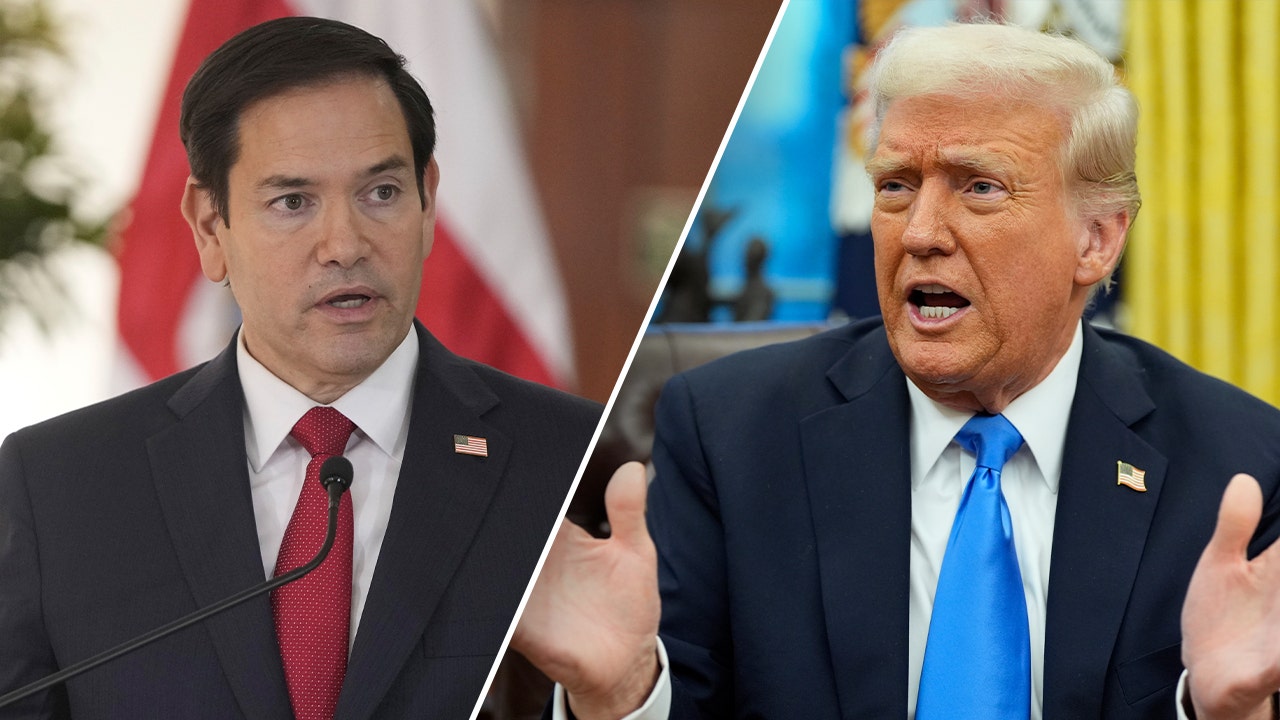No longer taken advantage of: Trump signs order prioritizing ‘unified’ US foreign policy front

President Donald Trump took a significant step on Wednesday by signing an executive order that aims to solidify a “unified” voice for U.S. foreign policy, prioritizing his “America First” agenda. The executive order highlights the State Department’s role in upholding the Trump administration’s foreign policy priorities and ensuring that its officers and employees faithfully implement the President’s policies. This move is part of the President’s efforts to streamline and reinforce American diplomacy.
One of the key aspects of the executive order is the emphasis on recruiting, evaluating, and retaining the most qualified individuals to represent the United States abroad. Secretary of State Marco Rubio has been tasked with executing reforms in these areas to ensure that the State Department has the best personnel to advance U.S. interests globally. Additionally, Rubio has been granted the authority to update procedural documents related to foreign service, further aligning the State Department with the administration’s priorities.
The White House emphasized that President Trump is committed to safeguarding the integrity of U.S. foreign policy and ensuring that America’s interests take precedence in diplomatic efforts. The executive order builds upon the President’s America First policy directive, which asserts that U.S. foreign policy should prioritize core American interests. This approach reflects the administration’s stance on advocating for the nation’s needs and protecting its sovereignty and security.
In recent weeks, the Trump administration has unveiled some bold foreign policy proposals, including plans to restructure the U.S. Agency for International Development (USAID). Secretary Rubio, who now leads the agency, has stated that USAID needs to align its work with the national interest of the United States and ensure that taxpayer dollars are used effectively. This move underscores the administration’s focus on accountability and efficiency in foreign aid programs.
Furthermore, President Trump’s announcement of plans to assert a “long-term ownership position” in the Gaza Strip has sparked controversy and drawn criticism from Arab countries. Jordan and Egypt have raised concerns about the resettlement of Palestinians in the region, prompting discussions at an emergency Arab Summit. During a meeting with Jordan’s King Abdullah II, President Trump discussed the proposal and expressed a willingness to work with regional partners to address stability in the area.
As these foreign policy initiatives unfold, it is clear that the Trump administration is prioritizing America’s interests and seeking to realign diplomatic efforts with the President’s vision. By reinforcing a unified approach to foreign policy and enhancing the State Department’s capabilities, the administration aims to advance U.S. interests on the global stage. This executive order marks a significant milestone in President Trump’s efforts to reshape American diplomacy and prioritize national interests in international affairs.




